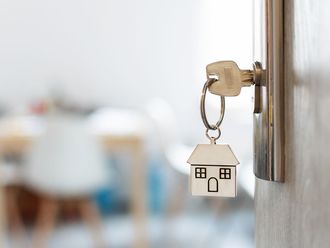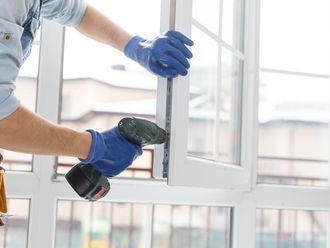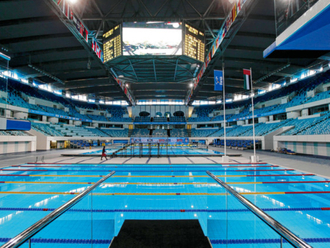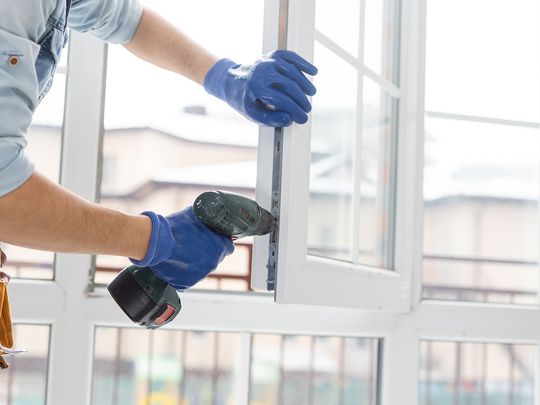
Dubai: If a rented house suffers damage due to extreme weather conditions, who is legally required to pay for the repairs - the landlord or the tenant? Legal experts interviewed by Gulf News clarified the repair responsibilities as per the UAE’s tenancy laws, and elaborated on a tenant’s eligibility for reimbursement or compensation.
Who pays for repairs? It's usually your landlord’s responsibility
According to Sunil Ambalavelil, principal partner at Nasser Yousuf Alkhamis Lawyers and Legal Consultants, rental laws in Dubai, Abu Dhabi and Sharjah all put the onus of repairs and maintenance on the landlord’s shoulders. Depending on which emirate you live in, here is what you need to know about the rental law that is applicable.
Abu Dhabi
Ambalavelil referred to Article 7 of the Abu Dhabi Rental Law - Law No. 20/2006, which states: “The landlord shall maintain the leased property to keep it fit for use and shall carry out all necessary repairs excluding rental repairs during the rental period unless otherwise agreed.”
He added that in case the tenant is deprived of using the property, they can refer to the emirate’s Rental Dispute Centre, which should be done within one month of the issue arising.
“Therefore, according to the aforementioned laws, it is the landlord’s responsibility to cover all maintenance costs unless otherwise specified in the tenancy contract. However, tenants should be mindful to engage with the court to safeguard their rights and ensure they do not forfeit the opportunity to claim what is rightfully theirs,” he said.

...it is the landlord’s responsibility to cover all maintenance costs unless otherwise specified in the tenancy contract. However, tenants should be mindful to engage with the court to safeguard their rights and ensure they do not forfeit the opportunity to claim what is rightfully theirs.
Reimbursement rights
Ambalavelil added that if a tenant ends up spending on maintenance work, he or she can request reimbursement from the landlord, as per the UAE’s Civil Code, specifically Article 767 (1) of Federal Law No. 5 of 1985.
“This would apply to major defects, where the tenant is deprived of beneficial occupation or enjoyment,” he added.
For minor defects, Ambalavelil referred to Article 767(2), which also gives tenants the option to attend to minor defects that require urgent attention and the landlord fails to attend to them or the tenant is unable to get hold of the landlord, after which he or she can recover the expenses from the landlord or deduct the expense from the rent due.
Dubai
“As per Dubai’s tenancy regulation – Law No. 26 of 2007, the landlord is responsible for covering all maintenance costs unless otherwise specified in the tenancy contract,” said Ambalavelil.
He later added that Article 17 of the same law explains that the landlord is responsible for any defect or damage not caused by the tenant.
“If the maintenance expenses are high, the tenant has the right to seek reimbursement from the landlord, as stated in the law. However, if the tenancy contract specifies terms regarding maintenance responsibility, the terms of contract will prevail as per Article 16 of Law No. 26 of 2007. In the absence of such terms in the contract, the issue must be resolved through a maintenance case against the owner in the Rental Dispute Centre,” he said.
If the maintenance expenses are high, the tenant has the right to seek reimbursement from the landlord, as stated in the law. However, if the tenancy contract specifies terms regarding maintenance responsibility, the terms of contract will prevail as per Article 16 of Law No. 26 of 2007. In the absence of such terms in the contract, the issue must be resolved through a maintenance case against the owner in the Rental Dispute Centre
Sharjah
“The landlord must handle all the maintenance work during the lease period unless the parties agree otherwise,” he said.
Ambalavelil explained that the emirate’s tenancy regulations – Sharjah Law No. 2 of 2007, addresses the responsibility of maintenance.
Article 9: The landlord undertakes to maintain the leased premises to remain valid for use, and to handle all maintenance work during the lease period without the necessary rental maintenance unless the parties otherwise agree.
However, Article 10 of the law also brings in the responsibility of the tenant in cases of damage, stipulating that “they must utilise the leased premises in accordance with the terms outlined in the contract and in alignment with its intended purpose or customary usage”.
“This underscores that tenants should refrain from engaging in activities that could cause damage to the property and subsequently expect the owner to bear the cost of repairs. Although Article 9 clearly implies landlord’s responsibility to take care of the maintenance of the property,” he said.
What if your landlord does not address the repair request?
According to Ambalavelil, the tenant can take a few measures if the landlord refuses to make the necessary repairs, as per Article 8 of the emirate’s rental law, including requesting the rental dispute committee to terminate the contract or request for a rent decrease proportional to the damage.
“Hence, the law has established legal procedures that allows tenants to pursue their rights if they encounter non-cooperation from the landlord regarding property maintenance. These legal measures serve as a safeguard, ensuring that tenants are not burdened with the responsibilities that rightfully belong to the landlord,” he said.
Hence, the law has established legal procedures that allows tenants to pursue their rights if they encounter non-cooperation from the landlord regarding property maintenance. These legal measures serve as a safeguard, ensuring that tenants are not burdened with the responsibilities that rightfully belong to the landlord
Should I still get renters’ insurance?
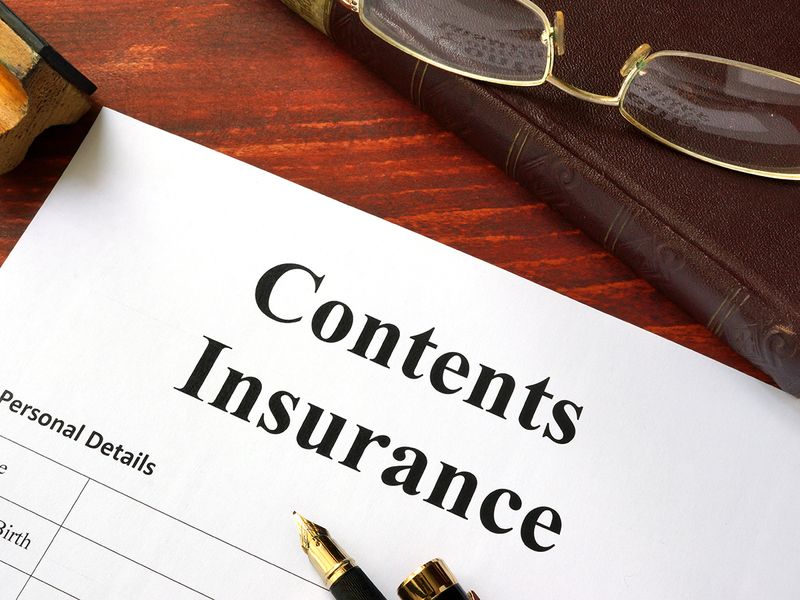
While the law does protect tenants, Ludmila Yamalova, who is the founder and managing partner of HPL Yamalova and Plewka DMCC, strongly advised tenants to also consider having ‘content insurance’ or tenant insurance, because it also covers the tenants’ personal belongings, and provides alternative accommodation, too.
“These insurance policies exist in the UAE. There are many insurance companies that offer different types of coverage. But, at present, they are rarely considered. As such, most tenants in the UAE, it seems, do not have insurance,” she said.
Regarding the rights of tenants and solutions to their issues, Yamalova highlighted that the situation depends on different circumstances and the kind of insurance you have.
“For example, those tenants, who might have taken content insurance, would be covered by that insurance. In particular, all of the damages to their personal property, such as furniture, appliances, and other assets, will be covered by the insurance policy. Furthermore, depending on the type of insurance policy, in some cases, insurance policies will even cover temporary accommodation,” she said.

For example, those tenants, who might have taken content insurance, would be covered by that insurance. In particular, all of the damages to their personal property, such as furniture, appliances, and other assets, will be covered by the insurance policy. Furthermore, depending on the type of insurance policy, in some cases, insurance policies will even cover temporary accommodation.
What happens if I don’t have renters’ insurance?
“Those tenants who did not have insurance, their recourse depends, to an extent, on the cause of the damage. If the property sustained serious damages due to the negligence by or fault of the landlord, then tenants may have a claim against the landlord for compensation of those damages. An example of this could be when landlords ignored tenants’ earlier requests to fix or remedy certain blatant defects in the property, such as defective window or damaged roof. Even in those cases where damage to the property was due to defective construction, a tenant has a right against the landlord. This is because such damage relates to the property itself, whose obligations are attached to the right of property ownership,” she said.
If the property sustained serious damages due to the negligence by or fault of the landlord, then tenants may have a claim against the landlord for compensation of those damages. An example of this could be when landlords ignored tenants’ earlier requests to fix or remedy certain blatant defects in the property, such as defective window or damaged roof.
Knowing about force majeure
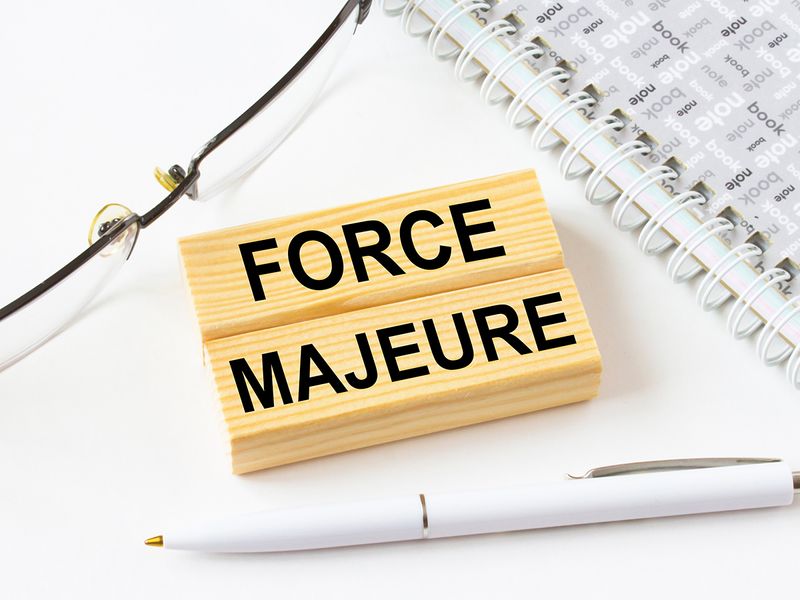
However, there are certain extreme cases where the landlord may not be legally required to cover costs.
“The extent of landlord’s obligations to compensate the tenant in a situation where the landlord was not actively at fault, may be a mitigating factor in the amount of compensation. Tenants must also be prepared for the landlords’ defense argument of force majeure. The recent storm in the UAE, and the corresponding floods, could be deemed as an event of force majeure, excusing landlords from performing their obligations. In general, force majeure is a legal concept that refers to unforeseeable circumstances that prevent a party from performing its side of the contract. Landlords may argue that the latest storm was a natural disaster and, as such, beyond their control. It remains to be seen how the UAE courts will classify this event and whether the argument of force majeure would be upheld,” she added.
Tenants must also be prepared for the landlords’ defense argument of force majeure. The recent storm in the UAE, and the corresponding floods, could be deemed as an event of force majeure, excusing landlords from performing their obligations.
Key takeaways:
• Rain damage repairs are typically the landlord's responsibility (unless your contract states otherwise).
• The Rental Dispute Centre can help if your landlord neglects repairs.
• Tenant insurance protects your belongings and may offer temporary housing solutions.
• You might be eligible for compensation for temporary housing or rent reduction if the damage makes your apartment unliveable.
• ‘Force majeure’ is a potential defense for landlords, but depends on courts ruling an event as such.

